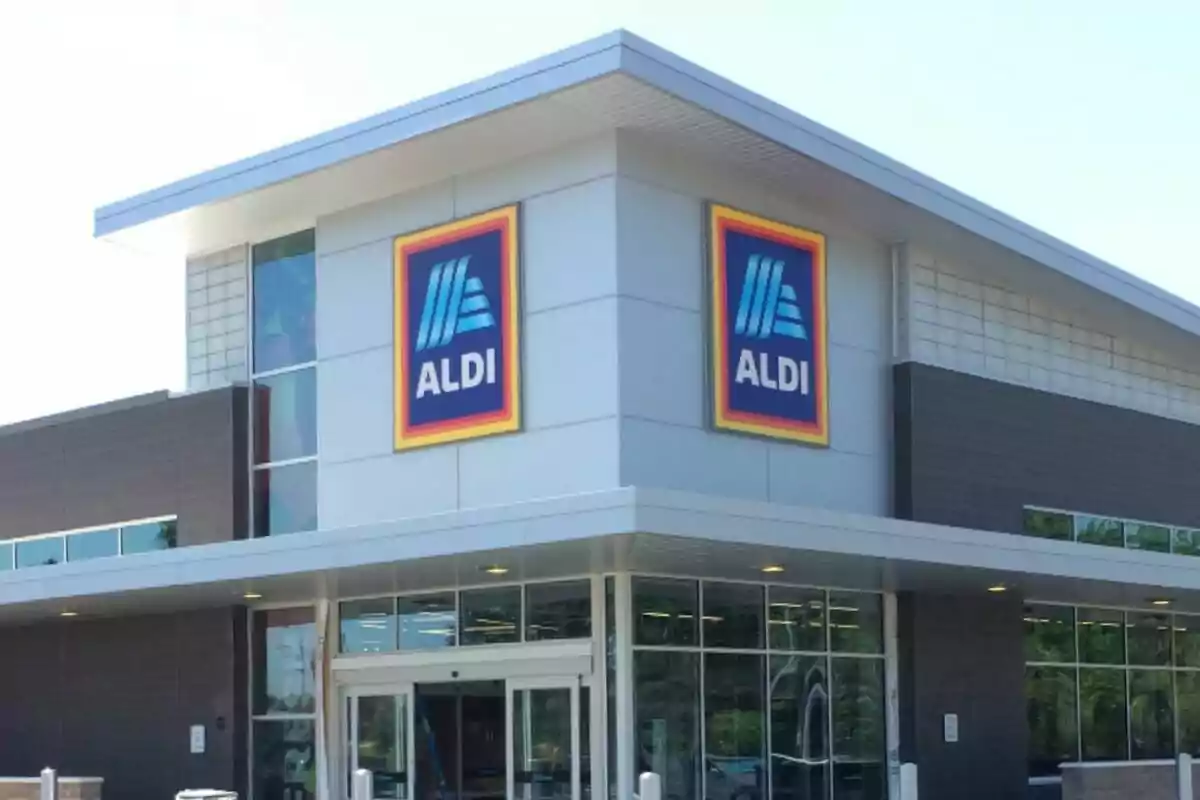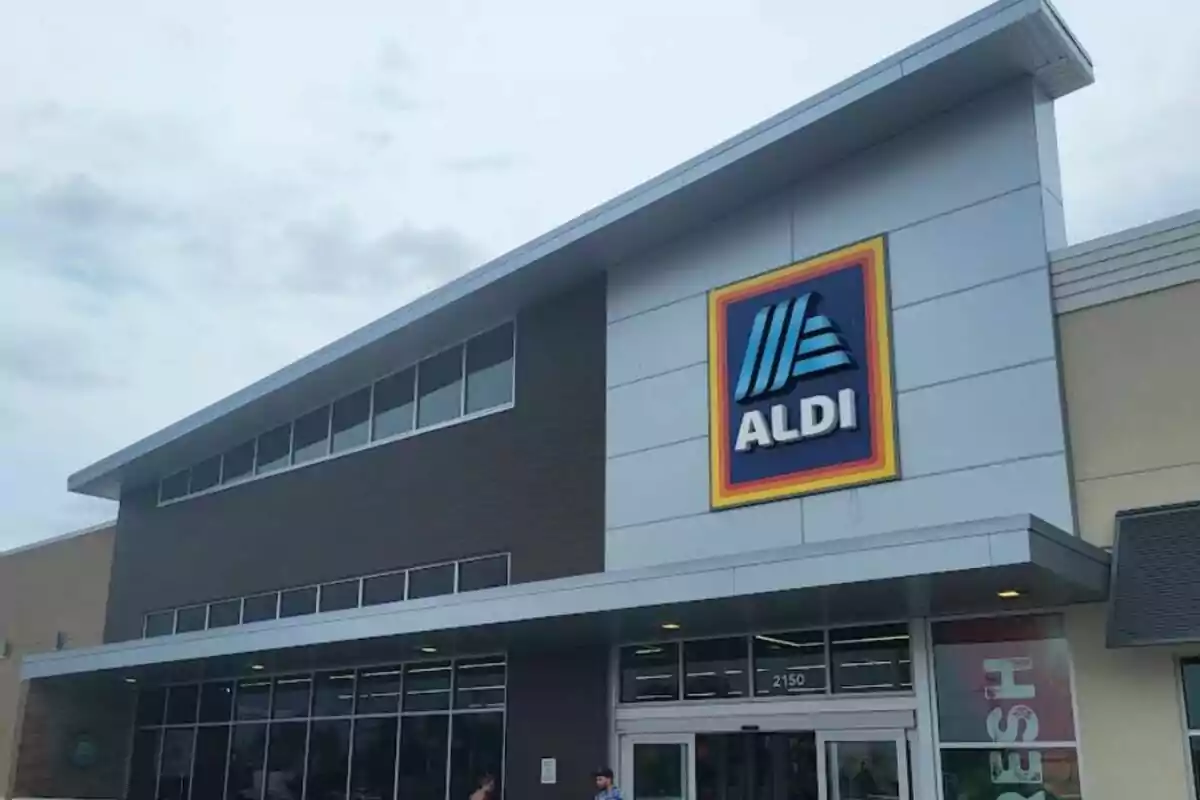Aldi, the supermarket chain that has stood out for its rapid growth in the United States, has unveiled its most ambitious expansion plan to date. The company has confirmed that it will open 800 new stores across the country by 2028. This major investment aims to bring its low prices and efficient business model to more communities.
In a context of growing demand for more affordable options, Aldi continues to establish itself as one of the preferred brands by consumers. Its low-price strategy and efficient operations are now combined with a geographic expansion that will bring the company's offerings to more households.

Aldi Plans to Expand in Three Key Regions of the United States
With an investment exceeding $9 billion, Aldi plans to open stores in up to three strategic regions: the Northeast, the Midwest, and the West of the United States. In the Northeast and Midwest, the company will open approximately 330 new stores, consolidating its presence in key markets where it already has a loyal customer base.
Meanwhile, the West will be another priority area for Aldi. The company will continue expanding in California and Phoenix, in addition to landing for the first time in Las Vegas. This entry into the Las Vegas market marks an important milestone in the chain's expansion.
One of the most significant strategic moves for Aldi has been the acquisition of Southeastern Grocers, the parent company of Winn-Dixie and Harveys Supermarket. This purchase will allow Aldi to strengthen its presence in the Southeast of the United States, a region with a growing demand for its products.
Aldi has already begun the gradual conversion of about 50 supermarkets from the acquired brand, which will reopen under its name in 2025. However, some of the supermarkets will maintain their original identity, following local market demands.

Aldi Maintains Its Commitment to Sustainability and Innovation
In addition to its ambitious growth, Aldi remains committed to sustainability. The chain will invest in eco-friendly technology for the construction and remodeling of its stores. The new stores will be equipped with energy-efficient LED lighting, eco-friendly refrigeration systems, and solar panels on roofs, thus reducing their environmental impact.
Aldi's CEO, Jason Hart, highlighted the key role that employees and suppliers play in this process. "This success wouldn't be possible without our teams and partners. With our expansion, new opportunities also arise for them," he stated.
With this major expansion, Aldi remains true to its commitment to offering quality products at low prices. In recent years, the chain has been recognized as number one in low prices, according to Dunnhumby's retail preference index. This growth will allow millions of consumers to enjoy an even more accessible and efficient shopping experience.
Aldi continues to show that quality and low prices can go hand in hand. This new stage marks just the beginning of a bright future for the chain in the United States.

